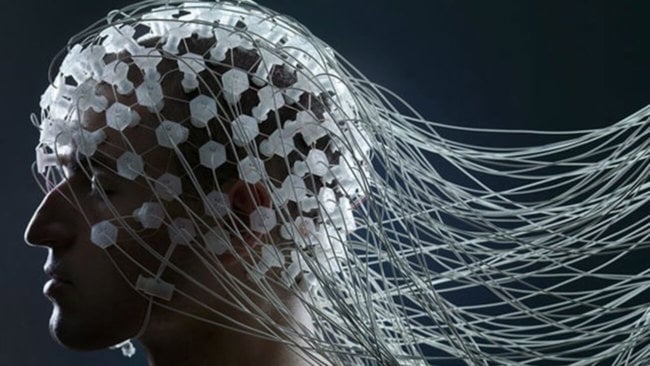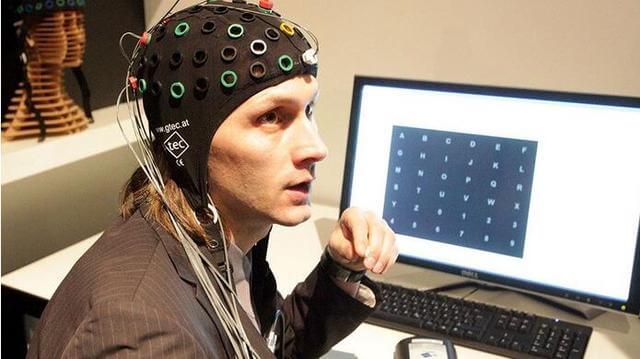
Patients with speech disorders are very difficult to establish contact with the outside world. Of course, for people created by special helper applications, and even entire languages. But it is not for everyone. Therefore can help the neural interfaces, one of which in the framework of the project “Nanocat” recently presented by Neurotrend.
Neurotrend is on the basis of the Institute of science and technology MISIS. The new invention is intended for people who have lost speech capabilities because of stroke or traumatic brain injury. As stated by the Director of development Neurotrend Igor Zimin
“The program Nanocat we use neurohereditary which fits over the patient’s head, it is, in fact, a mini-EEG, which reduces activity in the cerebral cortex. A computer monitor displays symbols and letters, illuminated in a certain way. The patient power of the brain reads a letter. This device measures changes in brain activity and identificeret letters that wants to tell the patient. Then the letters appear on the monitor. Letters formed the words, the words of the proposals. Thus the patient appears able to give us the information that he wants to tell.”

Now Pyrocat testing on healthy people and patients with disorders of communication. In both cases the device shows good results. A few months planned pyrocat-bridge, in which the patient with speech disorders and of the movement of Russia will communicate with the same patient from Los Angeles. As stressed by Mr Zimin,
“In our plans to 2020 to connect 500 patients to the system. We hope that by 2030, these patients will be about one million. Pyrocat — light enough for a mobile headset that allows you to adjust the size depending on the size of the patient’s head. Eight electrodes connected to the module electroencephalograph. The product is designed for domestic science. When we say that the patient can read only letters but also symbols, we mean that he can choose an address book contact from your email sms. The project Nanocat the patient will be able to communicate with your loved ones and other patients, and through the social network with anyone on the planet.”
Submitted by the Russian interface for patients with speech problems
Vladimir Kuznetsov